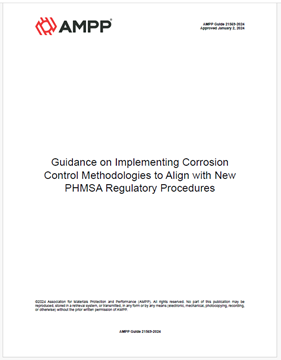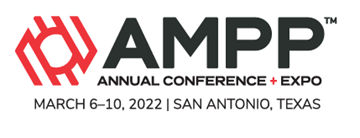Search
Products tagged with 'electrical interference'
View as
Sort by
Display
per page
AMPP Guide 21569-2024, Guidance on Implementing Corrosion Control Methodologies to Align with New PHMSA Regulatory Procedures
Product Number:
AMPP Guide 21569-2024
Publication Date:
2024
$109.00
Case Analysis Of Electromagnetic Interference Of AC Substation On Pipeline
Product Number:
51322-17517-SG
Publication Date:
2022
$20.00


